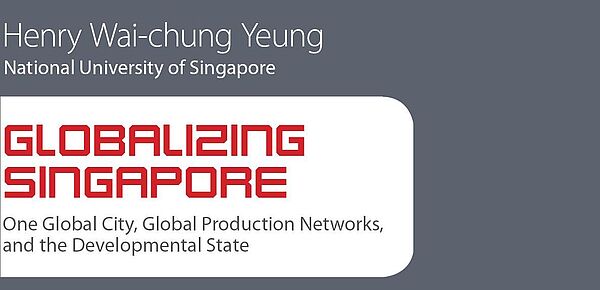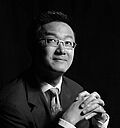
How do creative cities rise in the world economy? Whereas traditional global city studies focus on internal attributes of talent and creativity, Yeung argues that we need to investigate the strategic coupling of internal and external processes. As an illustration, he examines Singapore as a local cluster within global knowledge networks. Singapore’s articulation in these networks is contingent on its unique configuration as a city-state. By deploying its specific capacities, it has embedded itself within the global economy by establishing primier education, legal, financial, and healthcare systems. Singapore benefits from creative cluster development and a peculiar combination of institutional support, foreign investment, and local supplier development. Unlike their counterparts elsewhere, Singapore represents a deliberate and state-driven attempt to attract the location of high-tech activities which is particularly interesting for planners.

Henry Wai-chung Yeung is Professor of Economic Geography at the Department of Geography, National University of Singapore. His research interests cover theories and the geography of transnational corporations, and Asian firms and their overseas operations. He is Editor of Environment and Planning A, Economic Geography, and Review of International Political Economy. Recently he has co-authored the major textbook Economic Geography: A Contemporary Introduction (Blackwell, Oxford, 2007) and edited Globalizing Regional Development in East Asia (Routledge, London, 2010).



